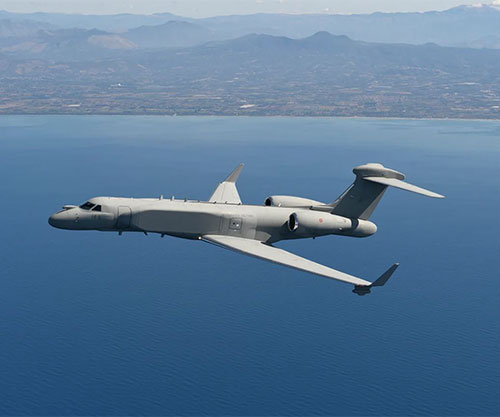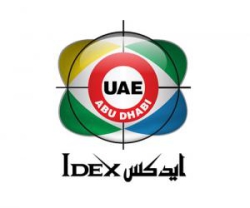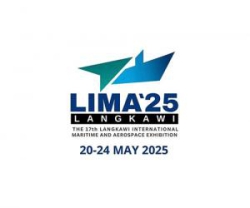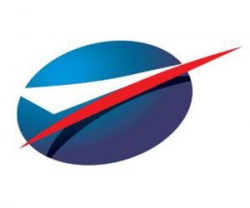Last year set a record for the volume of Israel’s military and security exports, which surged by 30% over the prior year, according to the Defense Ministry’s International Defense Cooperation Directorate.
Israeli defense industries reported new contracts worth a cumulative $11.3 billion in 2021 - up from $8.6 billion in 2020, Haaretz reported.
This year is not yet over, but it appears to be on track to chalk up particularly high sales volumes and a long list of enormous defense deals - and that’s even though the Defense Ministry’s Exports Control Agency has only approved a relatively low number of transactions compared to prior years, according to data obtained by Haaretz. Through September, the agency reported approving just under 4,000 sales contracts - compared to 6,000 in 2020 and 5,400 last year.
There were two main reasons for the sales volume uptick: the Abraham Accords, which paved the way for new diplomatic relations with countries in the Arab world a little over two years ago, and the war in Ukraine. The normalization agreements that Israel signed with the United Arab Emirates (UAE), Bahrain and Morocco have massively boosted exports to countries in the region, and last year, which, as noted, was a record one for military exports, already saw Persian Gulf countries account for roughly 7% of such sales.
In recent months, it has been disclosed that Israel has sold advanced Barak and Spyder air defense systems to the UAE, which is threatened by Iranian drones and missiles. And this year Morocco also signed a contract of its own for Barak interceptor systems, Haaretz added.
The growing threat from Iranian drones, including on the battlefields of Ukraine, and the wide-scale aerial attacks by Russia there have also highlighted the successes of Israeli air defense systems in dealing with similar threats, and boosted the European interest in purchasing those systems. Currently a huge deal to sell Arrow 3 interceptor missiles to Germany is on the table. If the deal is signed, it would not only be the deal of the year, but the Israeli defense sector’s largest export contract ever.
Iran manufactures attack drones in large quantities, and they can be launched in barrages from Iraq and Yemen at targets in the Gulf - at oil facilities, airports and ships. They are very cheap, about $20,000 per unit, and they can cause considerable damage. That could be seen at Aramco facilities in Saudi Arabia and in the enormous damage that the Russians have inflicted in Ukraine since they began using Iranian drones there in October.
A few months ago, Defense Minister Benny Gantz revealed that in the two years since the Abraham Accords, Israel has signed defense export agreements worth $3 billion with countries in the region, an enormous jump for a market that had been considerably off-limits to Israel. Last month, satellite photos revealed that the UAE has deployed a Barak missile battery to defend against Iranian ballistic missiles, cruise missiles and drones. Nevertheless, in the absence of an official announcement by Israel or by the UAE or IAI, it’s still not yet clear which version of the Barak system or how many batteries are involved. The monetary value of the sale also remains unknown.
Another deal that was revealed this year was the sale to the Emirates of a Spyder air defense system by Rafael Advanced Defense Systems. The Spyder system is capable of intercepting airplanes, helicopters, cruise missiles and drones within a range of up to 100 kilometers (62 miles). The Spyder’s design relies on a vehicle-launched system equipped with Python air-to-air missiles that lock onto their targets using radar and Derby radar-seeking missile. In this case too, additional details of the deal have yet to be revealed, including the precise system model, the number of batteries involved and the deal’s price tag. But for comparison purposes, when the Czech Republic bought four Spyder batteries last year, the sale was worth $630 million.
In February, a short time after Gantz visited the Moroccan capital, Rabat, IAI reported that it would supply a Barak MX air defense system to the Moroccans that is a combination of a number of Barak missile models – in a transaction worth about $600 million.
Another flourishing defense export branch in recent years has been drones, despite growing competition from countries such as Turkey and China. Meanwhile, precision-guided weapons also generated a number of major sales this year for Israel’s defense industries.















